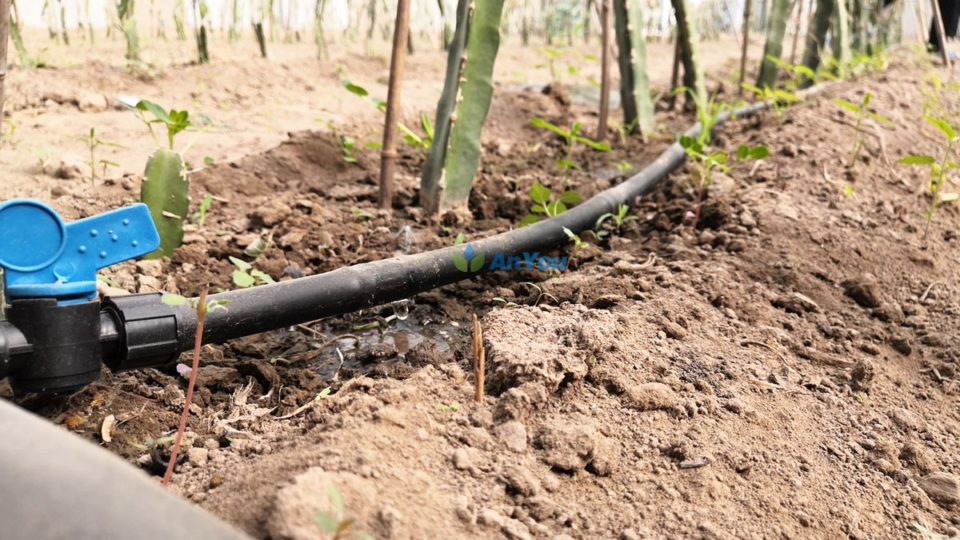In Kenya, the Migori County Government is launching the construction of the Siabai Earth and Otati irrigation dams. The future facilities will have a storage capacity of 97,106 m3 and 97,430 m3 respectively.
As drought continues to plague Kenya, Migori County is launching the construction of two irrigation dams to develop its agriculture. The Siabai Earth Dam will be located in Kuria Sub County. The Otati dam will be located in Nyatike. The Siabai Earth dam will be able to store 97,106 m3 of water. According to the Migori County Government, the facility will provide water to small-scale farmers in Kuria East and Transmara. These farmers mainly produce sweet potatoes. According to Migori Governor Zachary Obado, the construction of the future water reservoir will require an investment of about 36 million Kenyan shillings, about $331,000.
In Nyatike sub-county, the reservoir of the new dam will have a gross volume of 97,430 m3. The water will serve the residents of Gwasi and Kanyasi. This other project will cost about 33 million Kenyan shillings (about $303,100). “In addition to irrigation, the two dams will improve water supply for poultry and dairy farming. The facilities will also help preserve the soil that has been severely affected by runoff and reduce the flooding that has been plaguing Nyatike,” says Zachary Obado, the Migori County governor.
The local authorities are carrying out the work under the $219 million (24 billion Kenyan Shillings) National Agricultural and Rural Inclusive Growth Project (Narigp), funded by the World Bank. Initiated by the central government of Kenya, the five-year project aims to increase the agricultural profitability of rural communities in several counties. Narigp is implemented by local governments.


